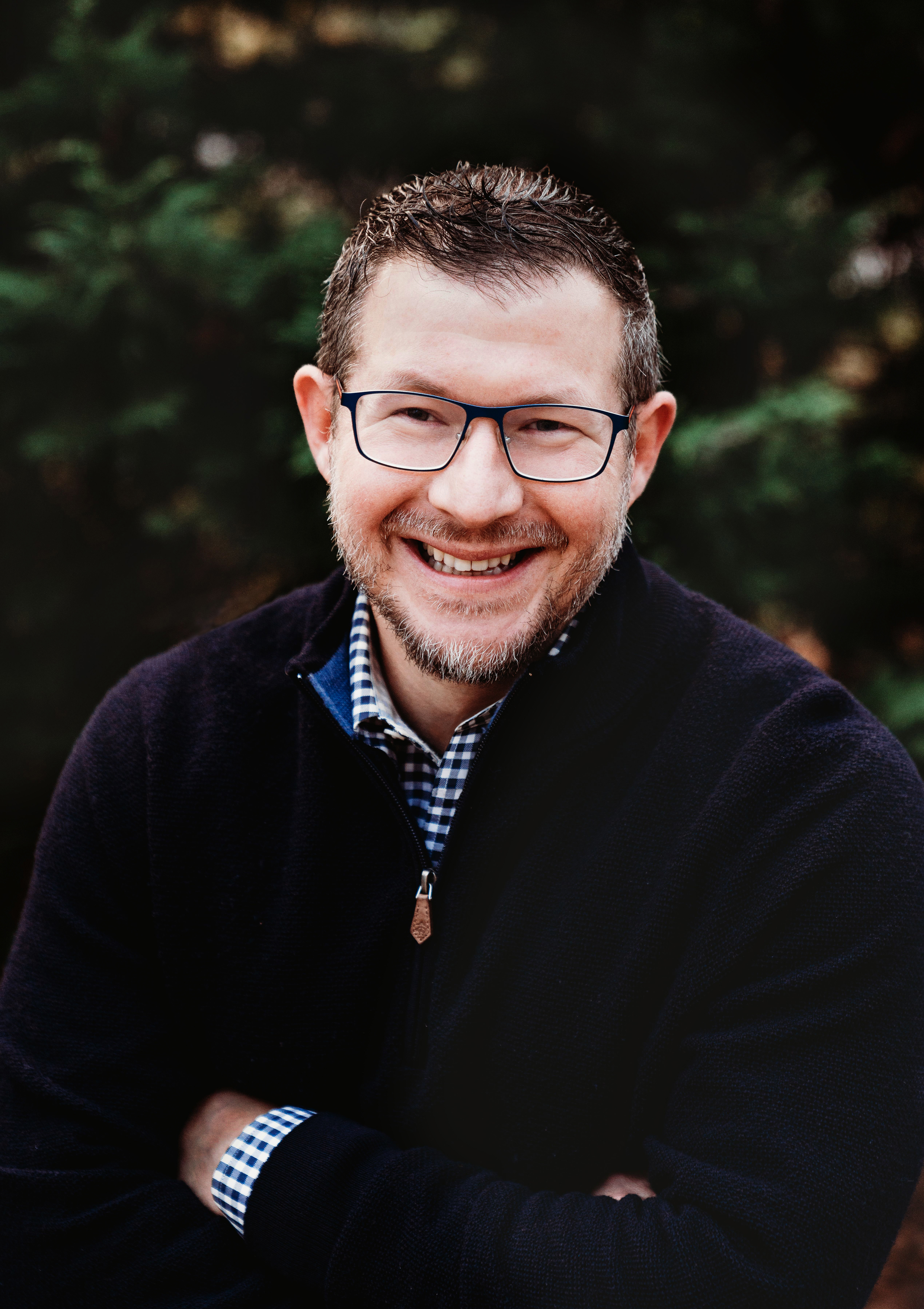10 powerful questions that inspire creativity and innovation
Written by: Brad Shuck, Ph.D., Associate Professor and Program Director, Human Resources and Organizational Development, University of Louisville
(View Author Bio)
Leading a successful team meeting can hinge on framing your questions to put momentum into the conversation and avoid loss aversion from your collaborators. Powerful questions can engage even the most timid team members, and leverage behavioral economics to get the most out of your next stand-up.
Scroll Down
Powerful questions change a meeting. They transform a conversation. Instead of looking at the past and anchoring a future in what has been, powerful questions cast a vision forward. They drive possibility. When an organization wants to unleash the power of innovation and really drive creativity, powerful questions can be one of the tools they use.
Powerful questions are defined as big questions. They are future-focused and rally teams around what is possible instead of what the barriers could be. It is not about what the right answer is, but instead, what can we do if we think big and get outside the box. In practice, they help us think through how we can do something rather than reminding us about why we cannot.
What makes powerful questions so, well, powerful is that they are emotion-driven. And the research on emotion has been clear: emotions drive our behavior. While logic and rationality play a key role in our everyday lives, more than 70% of the variance in our behavior can be linked back to the ways in which we feel about something – and powerful questions harness that momentum. As an open loop system, emotions are contagious so when you feel inspired and energetic, you can actually transfer that feeling to those around you, creating a wave of future-focused possibilities.
Think about the power of that in your next brainstorming session.
WHY POWERFUL QUESTIONS WORK
One of the principles of behavioral economics is loss aversion. In short, loss aversion suggests that it is twice as painful to lose something then it is to gain. Losing is painful. Most of us don’t really like it. Loss feels bad. And, when our future is anchored in the past, it can feel like losing and drive emotions like hopelessness, disappointment and resentment.
But psychological framing, another principle of behavioral economics, helps us understand that the ways in which we frame a question – or an idea – can matter a lot. Framing counteracts feelings of loss and helps us move forward instead of living in last week or last quarter. Or for some of us, our last meeting.
When it comes to using powerful questions in a meeting or focus group, psychological framing becomes a critical tool to leverage.
HOW TO USE POWERFUL QUESTIONS
Powerful questions work on a couple of core principles.
First, instead of getting an answer, powerful questions spark a conversation. When we ask powerful questions, we are not looking for the black and white – we are exploring the in-between.
Second, powerful questions stand on their own – meaning that in a meeting, only one powerful question at a time is needed. This method helps teams focus and think big instead of becoming overwhelmed. Too much change at the same time can feel overwhelming and like loss, which can activate powerful emotions grounded in loss.
Third, powerful questions are always open-ended and do not contain assumptions about direction. Powerful questions frame a context or opportunity and then allow space for the answer to emerge. These kinds of questions are not leading; they are empowering.
For example, instead of asking, “What are the problems with the new system?” which is embedded with assumptions and directionality, a leader could reframe the question to something like, “How is the new system operating?”
Every question needs a context. Without context, there is no need for exploration, deep dives or curiosity. When using powerful questions in your next meeting, consider how you could use this technique to open up the conversation with your own teams.
A few of my favorite powerful questions to use in meetings are:
1. What if we got this right?
2. What is holding us back from being better?
3. What am I willing to risk to be more fully engaged?
4. How can we get 1% better each day?
5. When we think about the future, where do we see our business?
6. What resources do we need now that we have not created yet?
7. What could our future look like?
8. What would happen if we were successful (at this new idea)?
9. What does failure look like here and what would it feel like?
10. How can we build it together?
At the end of the day, powerful questions spur creativity and engage your teams. Anchoring hope in a better tomorrow gives vision to those on your team—not only that the future can get better, but that they can actively influence that future.
I would challenge you in your next meeting to use the powerful question technique. Toss it out there and let it sit with the team for a minute and watch the ideas begin to spark. Watch a future unfold that is fresh and focused.
Then drop me a note on the socials. You can catch me at @drbshuck on LinkedIn, Instagram, and Twitter.
Ready to start asking the right questions?


















